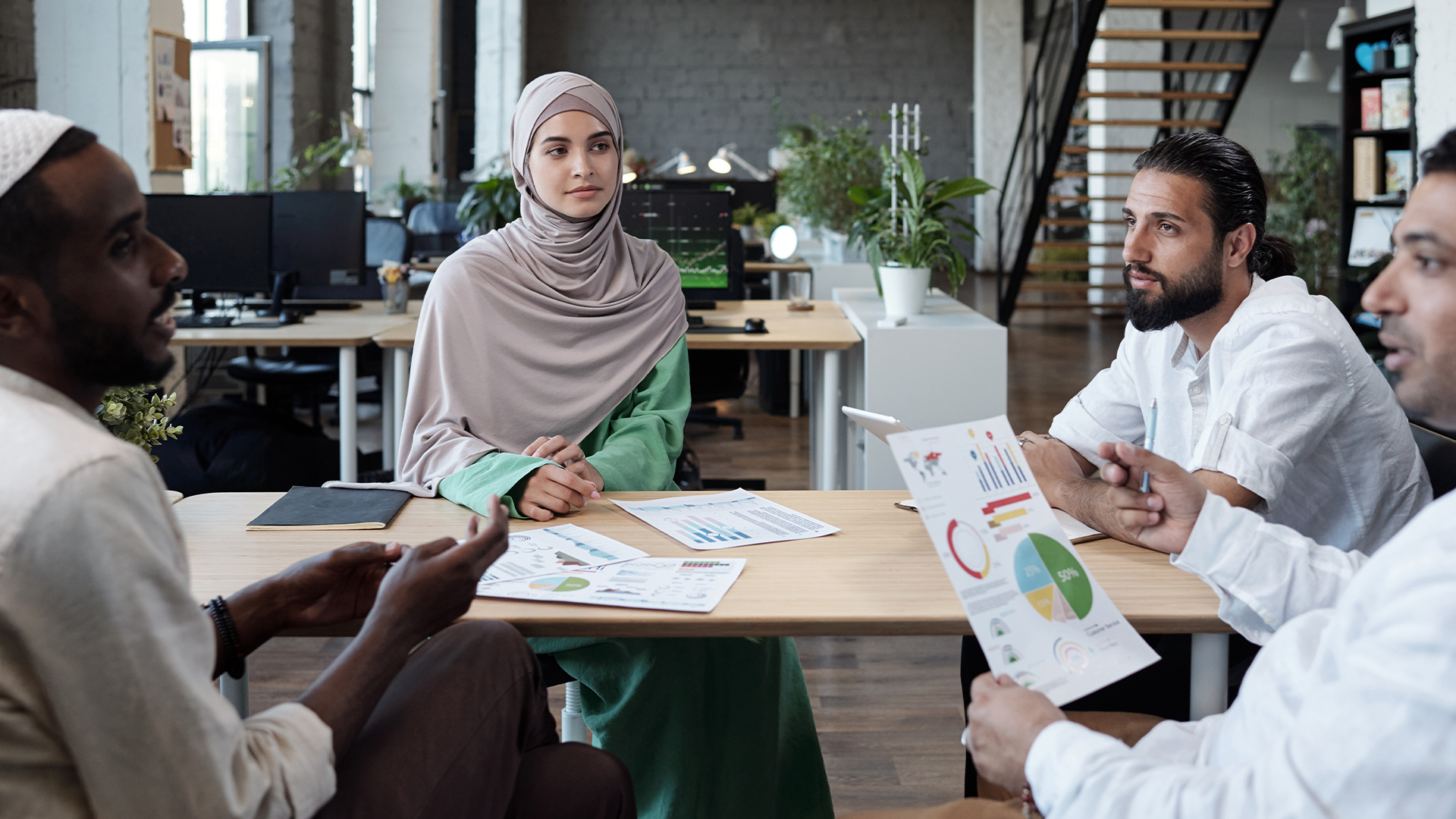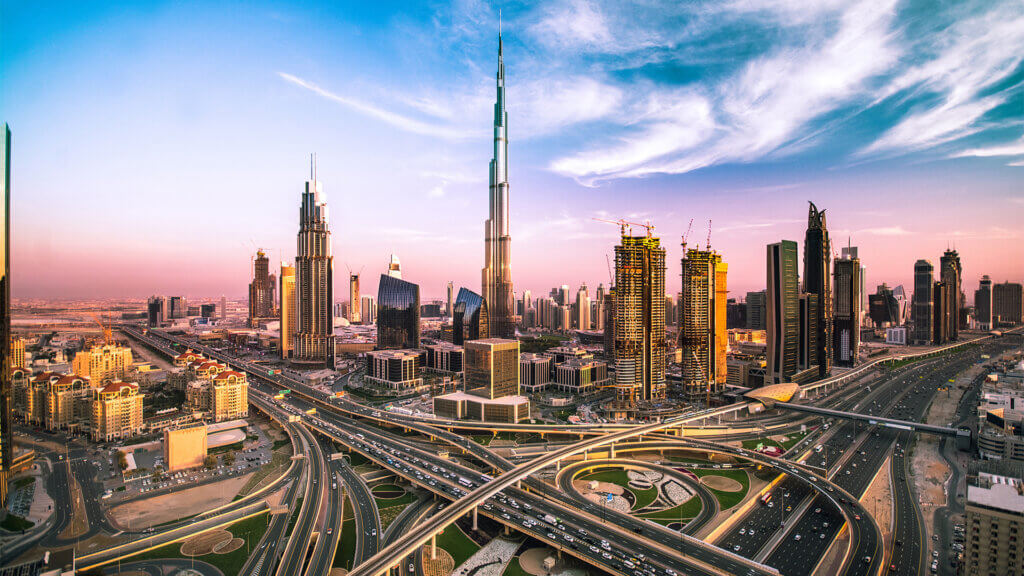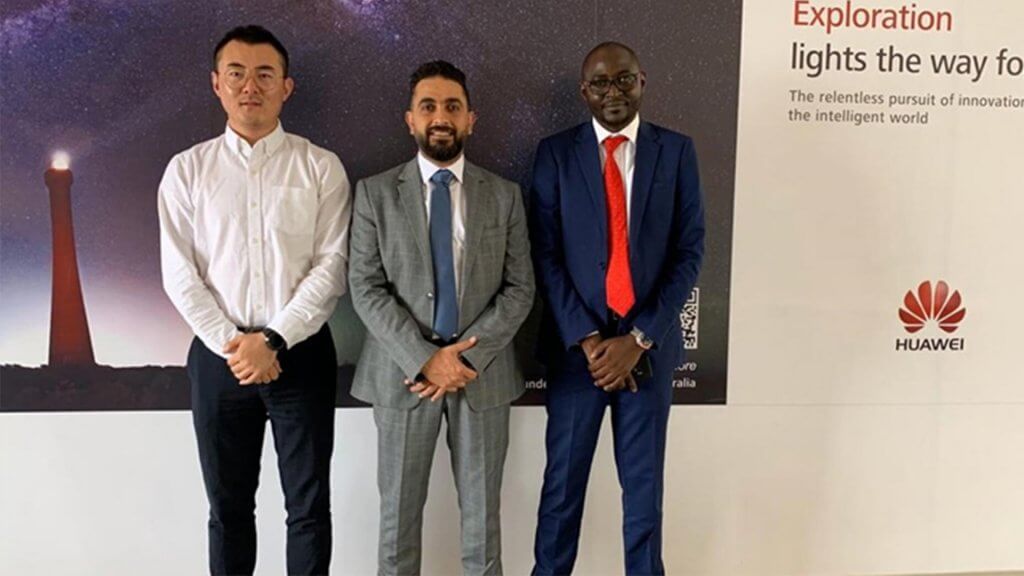Gen Z is redefining the future of inclusive office design for multi-generational teams
Optimising office environments for multi-generational teams has been a part of workplace dynamics for decades. Yet the rise of Generation Z in the workplace has increased the importance of accommodating different values and work styles as this radically different generation becomes more active in the global economy. Getting this right will be the differentiator for companies looking to attract and retain top talent in future.
Tandi Jacobs, General Manager, Internal Developers (ID) powered by Cushman & Wakefield | BROLL, recently shared her insights as part of a panel discussion titled Multi-Generational Workplaces, the Rise of Gen Zs hosted by CoreNet Global Sub-Saharan Africa Networking Group.
Designing for a multi-generational workforce
There is a growing necessity for workplaces that embrace diversity in perspectives, preferences, and work styles.
As Generation Z, born between 1995 and 2009, becomes a significant portion of the workforce, with an expected 27% representation by 2025, businesses must adapt their office environments to meet the needs of various age groups.
Jacobs stresses the importance of flexible and inclusive design strategies to create productive and cohesive work environments. “We understand that designing workspaces to accommodate a multigenerational workforce is crucial for fostering a culture of collaboration and innovation,” says Jacobs.
“In today’s dynamic work landscape, the influx of Generation Z is reshaping traditional office design and functionality. Designing inclusive workspaces is essential for attracting top-tier candidates and fostering a vibrant and productive work culture that resonates with the next generation of talent.”
Flexible and agile workspaces
Flexible design options can help cater to individual needs and preferences. Gen Z employees thrive in adaptable environments that allow for personalisation and dynamic interactions. Cutting-edge design incorporates movable furniture, modular partitions, and versatile layouts that enable employees to customise their workspaces, facilitating seamless transitions between individual tasks and collaborative projects.
“Agile workspaces empower employees to express their individuality and creativity,” Jacobs notes. “Customisable workstations, personal storage solutions, and flexible décor options are essential for attracting and retaining top Gen Z talent.”
Sustainability and biophilic design
Sustainability is a non-negotiable in today’s buildings and extends from making responsible construction choices to enhancing employee productivity and well-being. Jacobs highlights the importance of incorporating biophilic design principles, which integrate elements of the natural world into the built environment. This approach goes beyond green construction methods by creating a connection between employees and nature, enhancing their overall work experience.
“Biophilic design is about more than just adding plants to an office,” Jacobs explains. “It’s about creating spaces that incorporate natural light, moving water, and organic shapes, which can significantly improve mental well-being, creativity, and productivity. It is effectively about finding ways to bring the outside in.”
Furthermore, sustainable practices need to be visibly integrated and supported into the workplaces of Gen Zs, who tend to be more ethically conscious and expect tangible demonstrations of this commitment from employers.
Success stories in multi-generational design
Jacobs provided examples of successful design implementations, including a project with a global organisation in the life sciences field. The company is relocating its offices in South Africa and is adopting a ‘New Normal Office Concept’ (NNOC), where workspaces are shared rather than owned. This approach offers a variety of environments to suit different work styles and preferences, promoting collaboration and innovation.
“Our client’s older employees tend to prefer traditional, designated spaces, while younger generations gravitate towards dynamic, shared spaces,” Jacobs observes. “By offering a mix of quiet areas, hot desking, and larger meeting spaces, we create an environment that caters to all age groups and enhances overall productivity.”
Promoting inclusivity and continuous learning
Inclusivity is a core value for Gen Z, making it imperative for companies to design workplaces that celebrate diversity and cultivate a sense of belonging. Successful approaches include incorporating diverse artwork, cultural references, flexible amenities, gender-neutral facilities, mothers’ rooms, prayer spaces and other accessible features to support a diverse workforce.
Additionally, designing dedicated learning hubs, training rooms, and innovation labs supports Gen Z’s desire for continuous learning and professional growth. “Creating inclusive spaces where everyone feels valued and respected is crucial for attracting top Gen Z talent,” Jacobs states.
Balancing work and life
Work-life balance is a crucial priority for Gen Z, who value flexibility, remote work options, and comfortable environments that prioritise well-being and mental health.
“Designing workplaces that offer flexible hours, remote work opportunities, and comfortable amenities promotes employee satisfaction and retention while supporting Gen Z’s holistic approach to life and work,” Jacobs concluded.






















